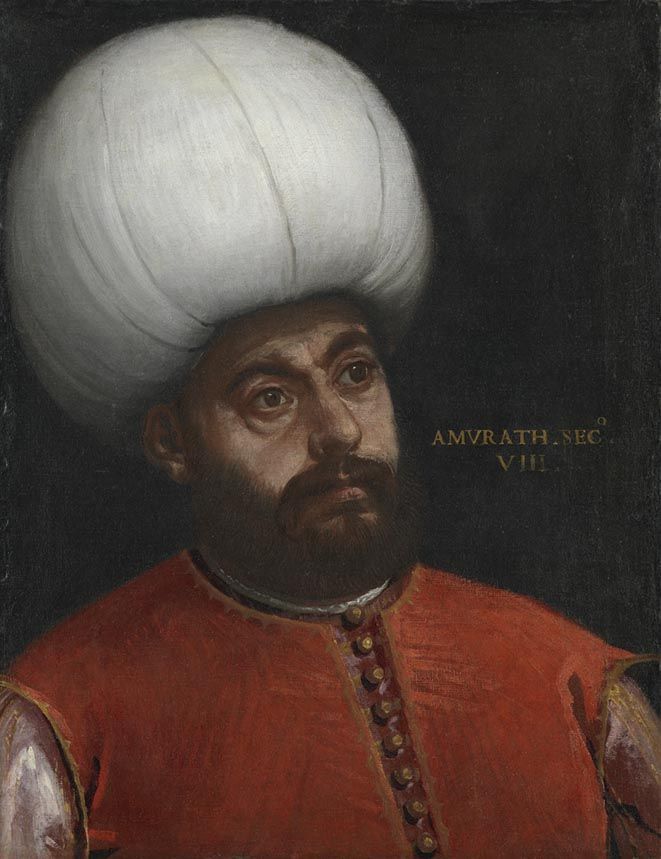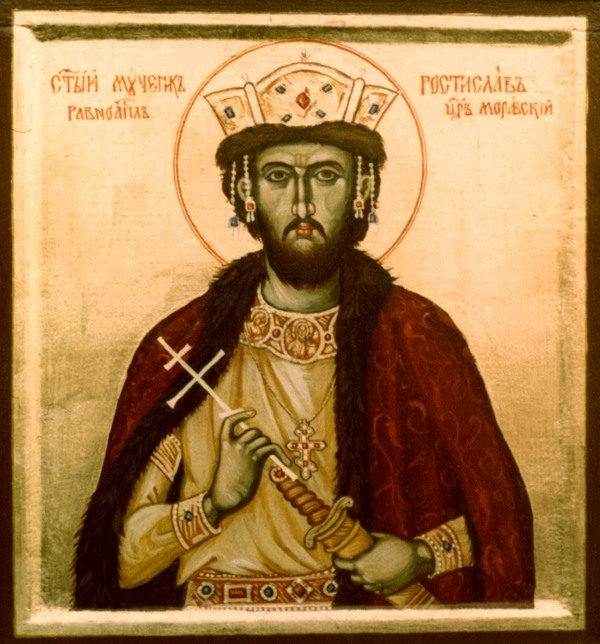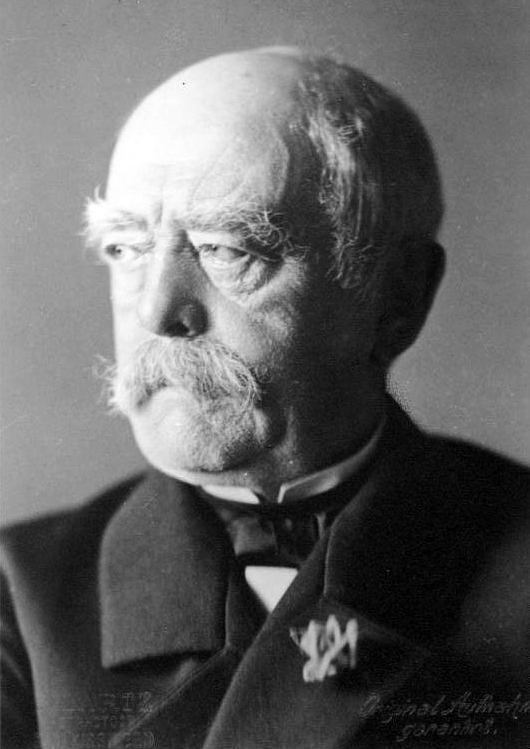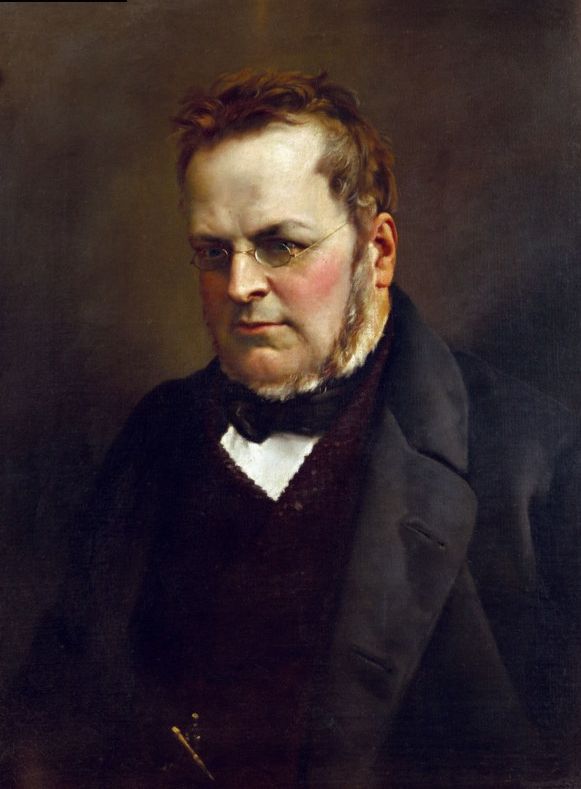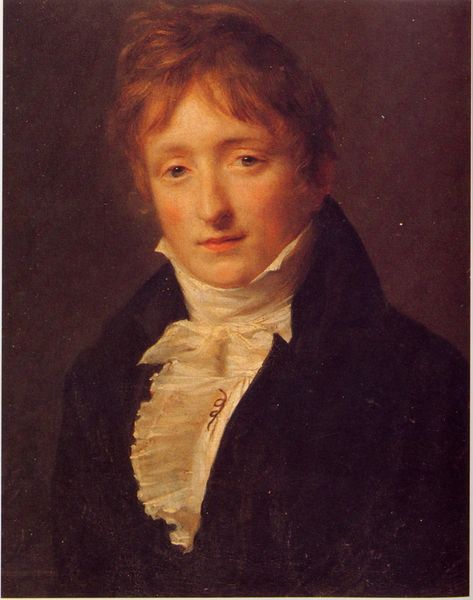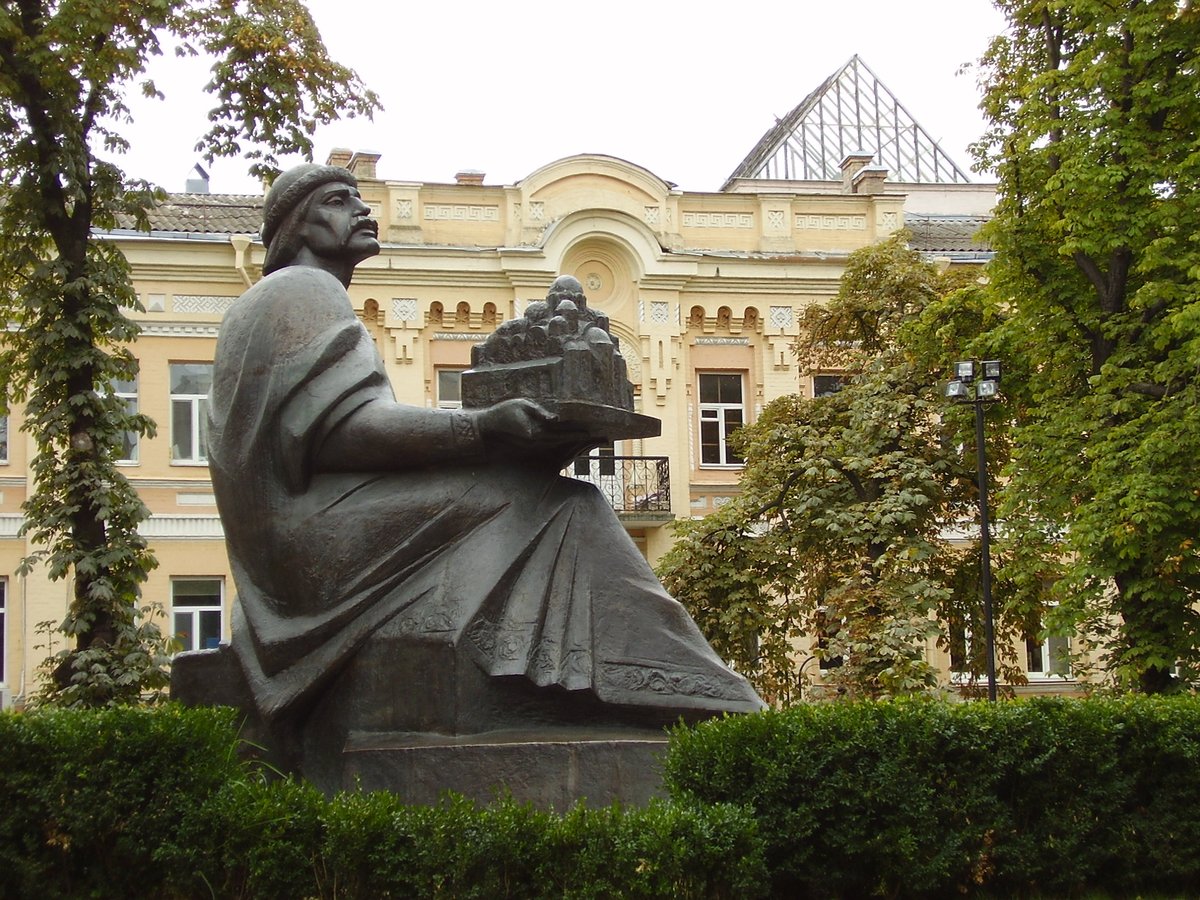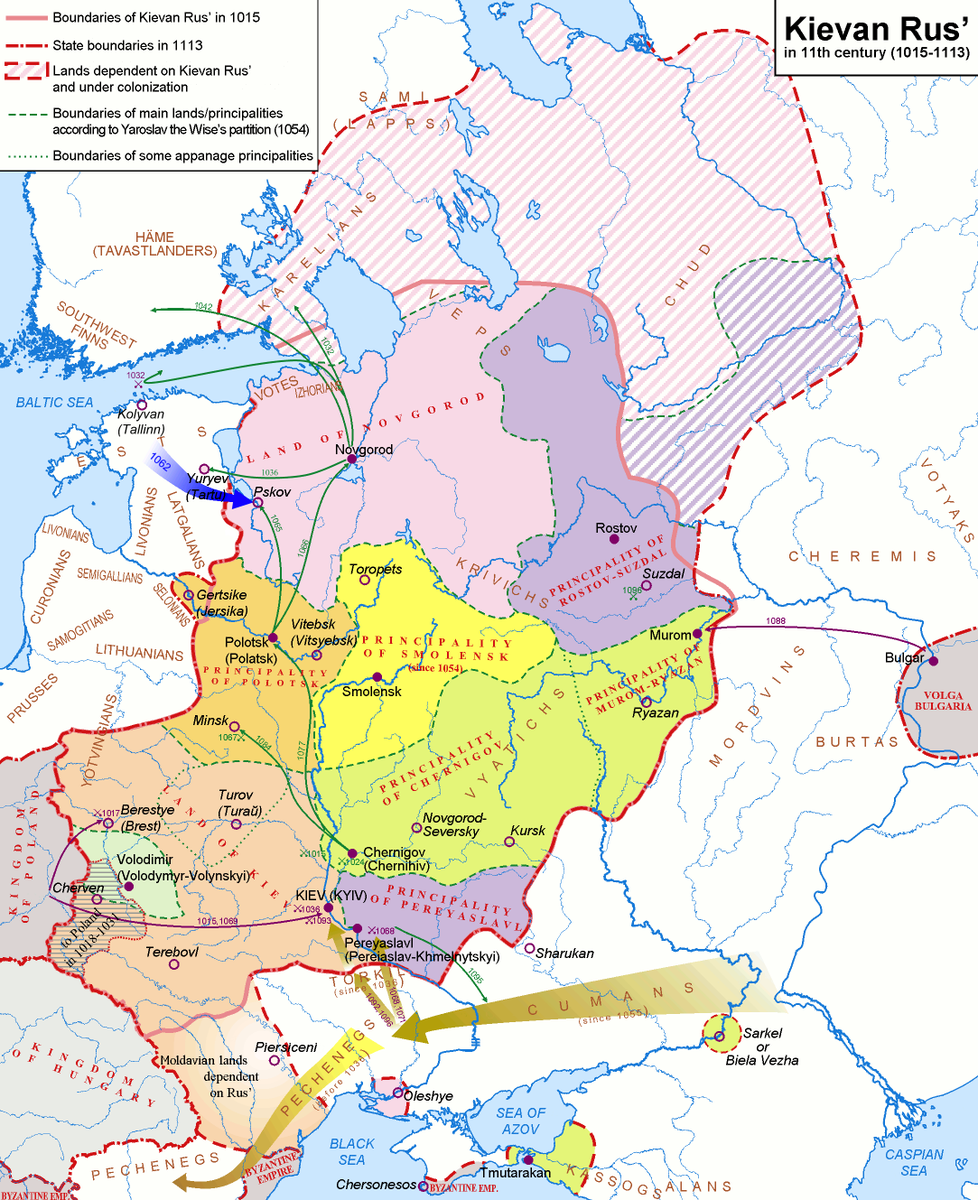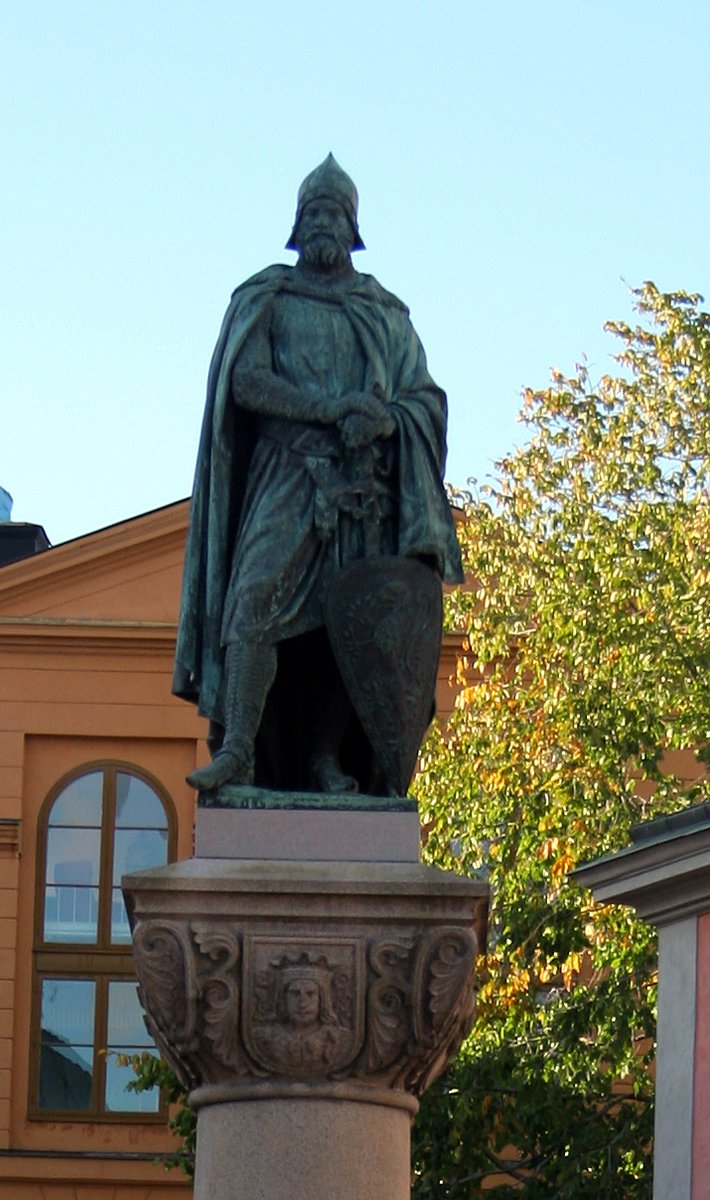There was once a great Kingdom stretching across continents.
But at its peak, it got relegated into being just one Kingdom for a King with many crowns.
Until it rose up and got back its bragging rights, though as a spent force, like its former masters.
Story in the evening ...
But at its peak, it got relegated into being just one Kingdom for a King with many crowns.
Until it rose up and got back its bragging rights, though as a spent force, like its former masters.
Story in the evening ...
https://twitter.com/Arby_K/status/1469132281667153921
João de Bragança was born to Teodosio de Bragança, Duke of Bragança and Ana de Velasco y Girón in 1604. The Duchy of Bragança was created in 1442 for Afonso, Count of Barcelos and an illegitimate son of Portuguese King João, by his nephew, Afonso, the then King of Portugal. 1/10 

The House of Bragança retained their influence in Portugal, even after the Portuguese Royal family died out. João's grandmother, Catarina, was among the contenders, but was overtaken by the Spanish King, Felipe, who also defeated his illegitimate cousin, António, in battle. 2/10 



As pioneers of oceanic exploration from Europe, Portugal had carved out an Empire across continents, from Macao to Brazil. But as part of the Iberian Union of King Felipe, Portugal was only one of the Kingdoms the King ruled, along with Spain, Sicily, Naples and Sardinia. 3/10 



But King Felipe ran into trouble running a multi ethnic Kingdom. By the time he had acquired the Portuguese crown, he also had to deal with the Dutch Revolt. The Dutch, in turn, saw the vast multi continental Kingdom of the Portuguese as one of many opportunities. 4/10 

Not long after the Vereenigde Oost Indische Compagnie (VOC) was founded in 1602, the Dutch sought to take away the control of the oceans from the Portuguese. Though the Portuguese started out on top, the Dutch slowly etched away their mighty opponents. 5/10 

As the Portuguese lost to the Dutch, the Spanish King was embroiled neck deep in the Thirty Years War in support of their Austrian cousins. With their concerns falling on deaf ears, the Portuguese decided to take their own path. 6/10 

In 1640, Antão Vaz de Almada, Miguel de Almeida and 38 others conspired to remove the Spanish rulers of Portugal. They killed the Spanish Minister Miguel de Vasconcelos and captured their Viceroy, Duchess of Mantua, who was also the King's cousin. 7/10 

João, who had become Duke of Bragança in 1830, was acclaimed King, thanks to his grandmother's ancestry. The Spanish could do little but watch as they were stretched thin because of the Thirty Year's War and a rebellion in Catalonia. 8/10 



But the Spanish did not give up easily. They battled the Portuguese at Montijo in 1644. The Portuguese made advances globally, retaking Angola from the Dutch in 1648 and expelling them from Brazil in 1654, though they lost Ceylon in 1658. 9/10 



The end of the Thirty Year's War in 1648 did not bring a reprieve to the Spanish, since the French continued to pin them down. Portuguese independence was finally recognized only in 1668, while João's son, Afonso, was King. 10/10 

• • •
Missing some Tweet in this thread? You can try to
force a refresh


